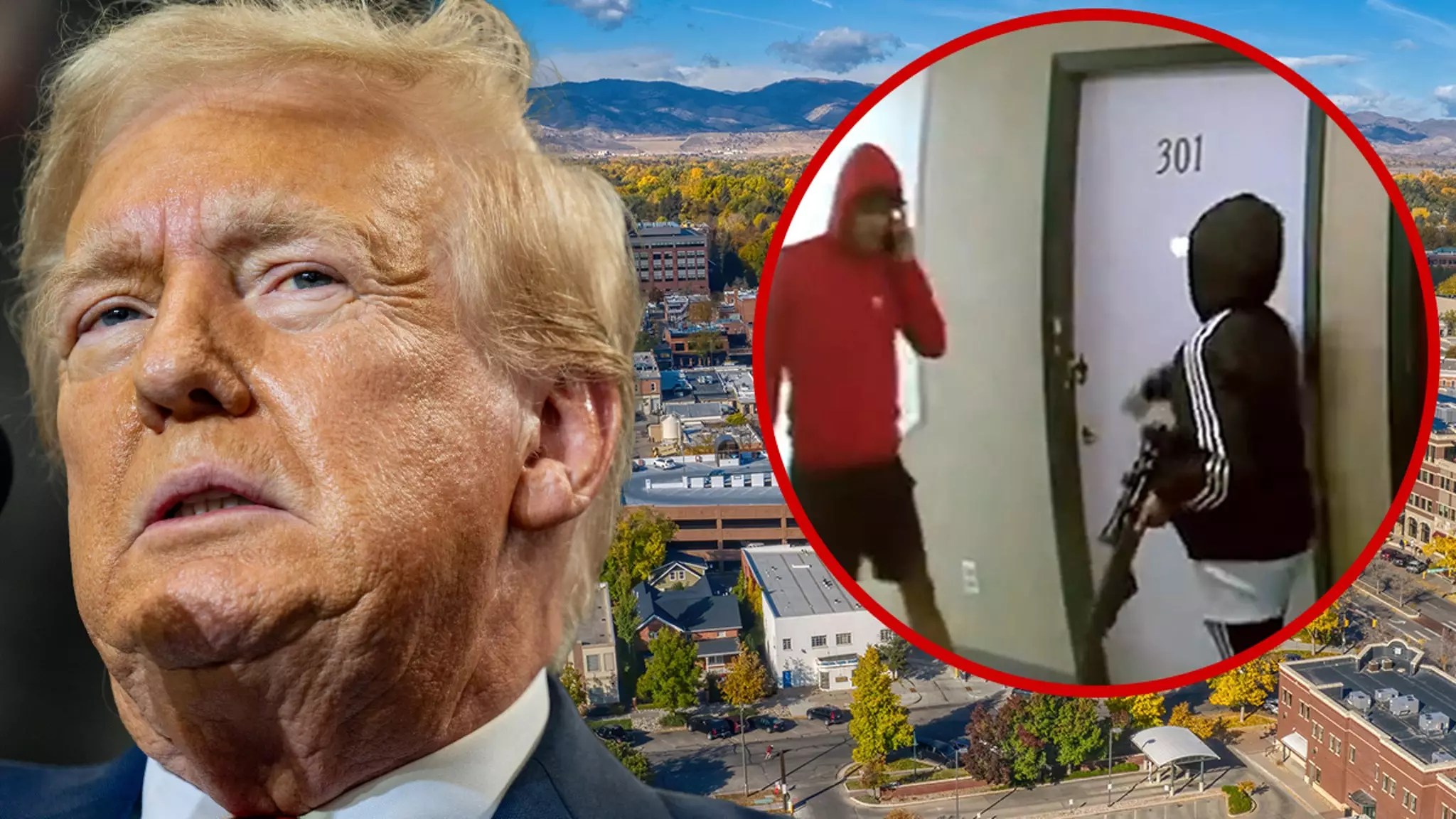Former President Donald Trump’s upcoming rally in Aurora, Colorado, has stirred a maelstrom of controversy and concern among local citizens. While Councilwoman Danielle Jurinsky claims Trump’s visit aims to draw attention to the dangerous presence of gangs like Tren de Aragua, many other community members fear that his rhetoric could exacerbate existing tensions between citizens and undocumented immigrants. This clash of narratives reflects a broader issue within American society, highlighting how political events can impact community relations and perceptions.
Immigration is a contentious topic in American politics, and Trump’s rally threatens to ignite heated discussions within the community. Supporters of the former president view his appearance as a necessary move to address crime and safety in Aurora. They argue that local law enforcement is overwhelmed by gang activity and that Trump’s hardline stance on immigration offers a solution. However, opponents worry that framing the narrative in such a manner could unjustly demonize immigrant populations and fuel racial tensions.
Councilwoman Jurinsky’s comments, asserting that discussing immigration does not equate to racism, aims to diffuse the extreme emotions surrounding the visit. Yet, how one interprets her statement largely depends on their political leanings. The local mayor, Mike Coffman, took a more measured approach, insisting that Aurora is not the “war zone” that Trump’s camp portrays. This discrepancy in viewpoints reflects the fractured landscape of political discourse in America.
Implications for Community Relations
The impending rally feels like a double-edged sword for the residents of Aurora. While some may view Trump’s visit as an opportunity for legitimate dialogue about crime and safety, others see it as an incitement of fear that could further polarize communities along racial and immigration lines. Jurinsky’s assertion that “we are all immigrants” attempts to bridge this divide, yet it underscores the complexity of identity politics in an age of heightened scrutiny.
Moreover, the logistics of the event raise questions about the potential backlash within the community. With Trump’s dedicated base already lining up for his rally, there exists an undercurrent of discontent among those who feel alienated. The fears expressed by local politicians point to an apprehension that any discord stemming from the rally could create fractures that are difficult to mend.
Ultimately, Trump’s visit to Aurora signifies more than just a political event; it serves as a microcosm of larger national issues. The rally has the potential to either elevate the conversation around immigration and public safety or magnify existing divisions. It is crucial that leaders and community members engage in open dialogue to address concerns while also recognizing the diverse backgrounds and experiences within their midst.
As Aurora braces itself for the influx of supporters and critics alike, the local discourse will become a crucial litmus test for how American communities navigate the turbulent waters of political ideology, immigration, and social justice. It remains to be seen whether this rally will foster understanding or deepen divides, but one thing is clear: the path ahead requires careful consideration and collective effort.







Leave a Reply